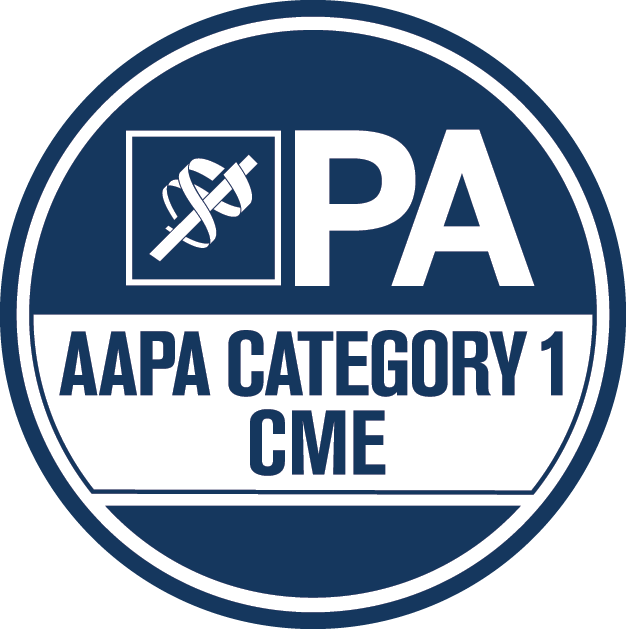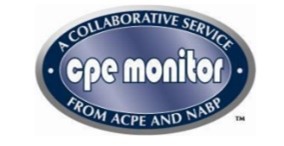Announcer:
Welcome to CME on ReachMD. This episode is part of our MinuteCE curriculum.
Prior to beginning the activity, please be sure to review the faculty and commercial support disclosure statements as well as the learning objectives.
Dr. Strassnig:
This is CME on ReachMD, and I'm Dr. Martin Strassnig. Here with me today is Dr. Philip Harvey.
Now, Phil, how do you apply cognitive remediation in cognitively impaired patients with schizophrenia?
Dr. Harvey:
I think it's first important to get a definition and an understanding of what cognitive remediation is. Just like people confuse negative symptoms and cognitive deficits and think they don't separate from each other, people sometimes confuse cognitive behavior therapy, which is a psychotherapeutic technique, aimed at, for example, reducing treatment-refractory psychotic symptoms with cognitive remediation.
Cognitive remediation is a strategy where we use computerized cognitive training in a variety of different types of supports to provide benefits to cognitive functioning. It's been shown that computerized cognitive training does in fact have fairly substantial benefits. The computerized cognitive training that is widely delivered now includes validated packages from vendors like BrainHQ, which is Posit Science. They're the most research-focused of all the cognitive training software people. And basically, it's been shown in randomized trials that people with schizophrenia can actually self-administer computerized cognitive training at home.
But the computerized cognitive training is not enough on its own, because even if cognitive training leads to substantial benefits, which it can, maybe the equivalent of, you know, 10 IQ points over the course of 8 to 12 weeks, that doesn’t teach people how to do functional skills. Functional skills need to be learned separately, so the accepted definition of current cognitive remediation is structured cognitive training that is then accompanied by psychosocial interventions.
Now, we know that psychosocial interventions are important. And it's been shown in several different research studies that, for instance, if you go to a psychosocial rehabilitation program, like a supported employment program, and you take the people with schizophrenia who aren't making good progress and you give them cognitive training, they start to get jobs and function. So it's the combination of computerized training and the psychosocial intervention and support. Now, you still have to be motivated, you still have to engage, but the adherence reported to date on the part of people with schizophrenia training at home and making training gains is about 70% adherence, which is just about the same you get if you ask them to come into the office. So the average gains are substantial; 70% of patients get them. And if they're paired with rehabilitation-type interventions, there's actually very substantial evidence of functional gains that occur even in the short run, 12 to 24 weeks after training has started.
Dr. Strassnig:
So it sounds like that cognitive remediation is slowly being offered by more and more companies, if you will. However, I guess the crucial takeaway here is cognitive remediation remediates deficits in various cognitive subdomains, right, like memory, attention with your spatial functioning, and whatnot, but it doesn't necessarily translate in itself, you know, despite an increase in IQ, into everyday functioning gains, right? So you will have to pair cognitive training with a psychosocial intervention, as I understand it. Right?
Now, just very briefly, Phil, do you know of any program that can be already deployed in clinical practice?
Dr. Harvey:
Well, what happens is the commercially available software programs run on any platform. They're not device-resident, they exist in the cloud, so anyone who's in a sort of psychosocial intervention program, or even like a clubhouse program, can benefit from doing concurrent cognitive training. It's just important to keep in mind that, as you mentioned, if you pick up 10 IQ points but you've never been on a job interview before, you don't necessarily still know how to go and interview for a job.
Dr. Strassnig:
Well, this has been a great but brief discussion. I hope we gave you something to think about and thanks for tuning in.
Announcer:
You have been listening to CME on ReachMD. This activity is provided by TotalCME, LLC. and is part of our MinuteCE curriculum.
To receive your free CME credit, or to download this activity, go to ReachMD.com/CME. Thank you for listening.


 In support of improving patient care, Global Learning Collaborative (GLC) is jointly accredited by the Accreditation Council for Continuing Medical Education (ACCME), the Accreditation Council for Pharmacy Education (ACPE), and the American Nurses Credentialing Center (ANCC) to provide continuing education for the healthcare team.
In support of improving patient care, Global Learning Collaborative (GLC) is jointly accredited by the Accreditation Council for Continuing Medical Education (ACCME), the Accreditation Council for Pharmacy Education (ACPE), and the American Nurses Credentialing Center (ANCC) to provide continuing education for the healthcare team. Global Learning Collaborative (GLC) has been authorized by the American Academy of PAs (AAPA) to award AAPA Category 1 CME credit for activities planned in accordance with AAPA CME Criteria. This activity is designated for 1.0 AAPA Category 1 CME credit. Approval is valid until April 30, 2025. PAs should claim only the credit commensurate with the extent of their participation in the activity.
Global Learning Collaborative (GLC) has been authorized by the American Academy of PAs (AAPA) to award AAPA Category 1 CME credit for activities planned in accordance with AAPA CME Criteria. This activity is designated for 1.0 AAPA Category 1 CME credit. Approval is valid until April 30, 2025. PAs should claim only the credit commensurate with the extent of their participation in the activity.

